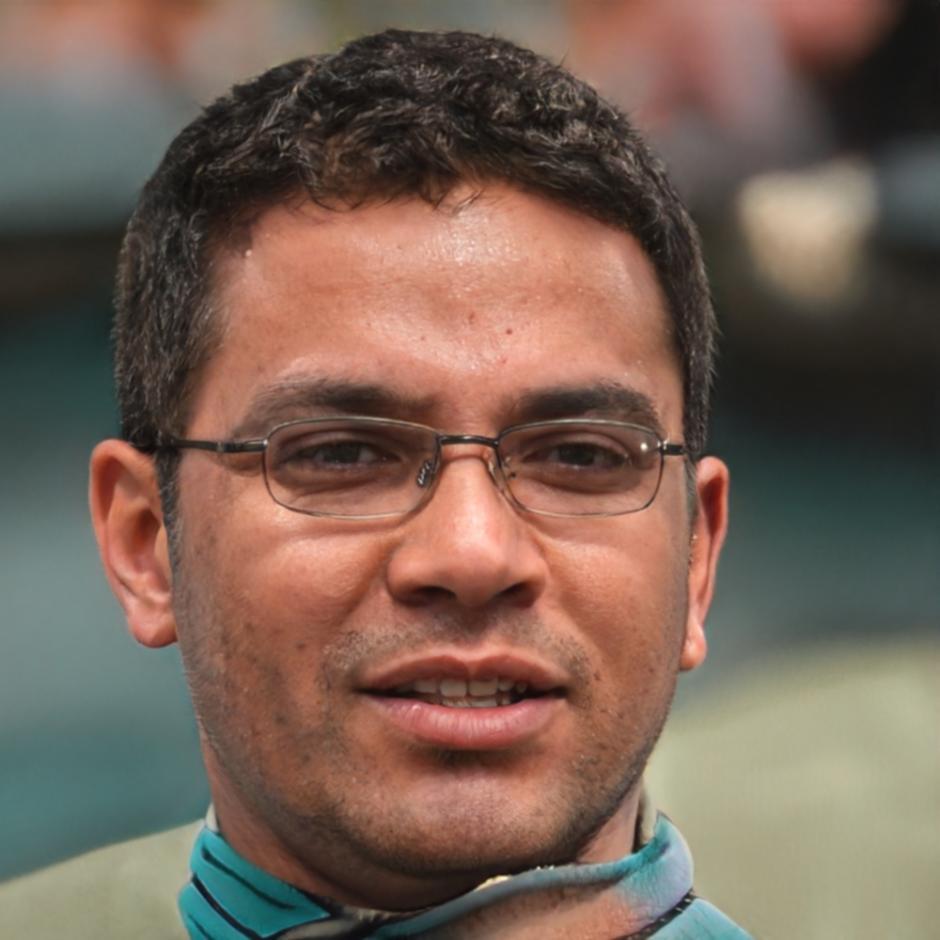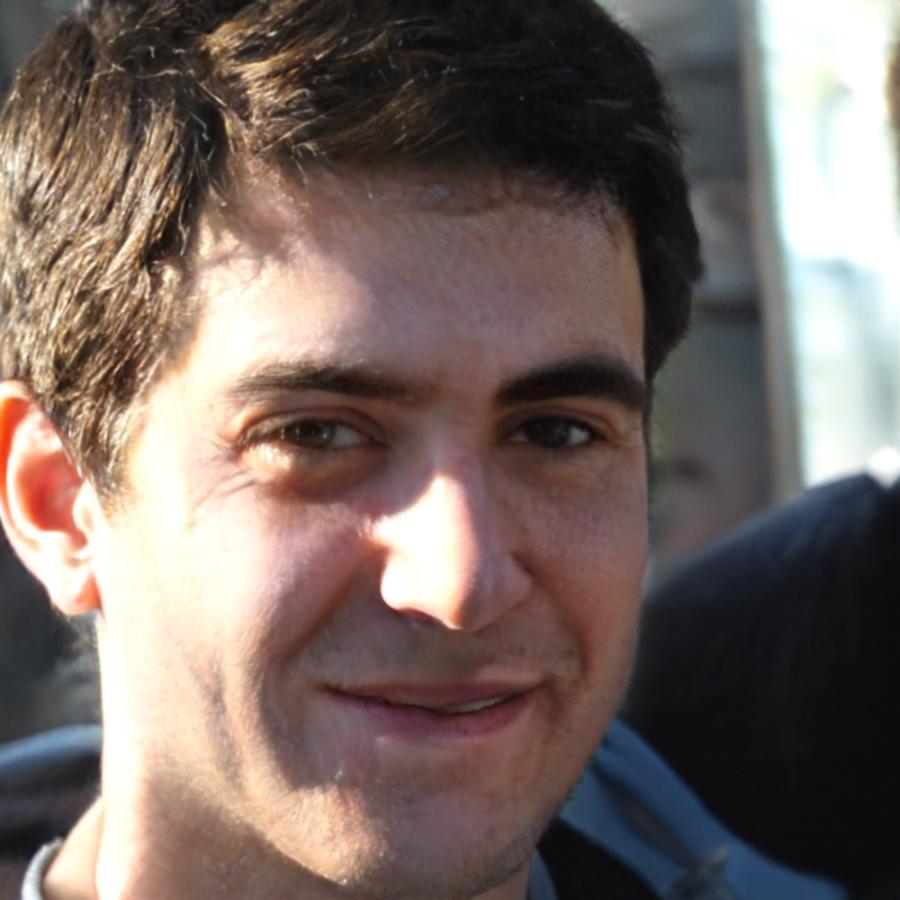Master Computer Vision Programming
Build real-world applications that can see, analyze, and understand visual data through hands-on projects and industry-focused curriculum.
Choose Your Learning Journey
Foundation Track
Start with image processing fundamentals, OpenCV basics, and mathematical foundations. Perfect for beginners with programming experience.
Applied Vision Track
Dive into object detection, facial recognition, and real-time video analysis. Build applications that solve actual business problems.
Advanced Systems Track
Explore neural networks for vision, embedded systems integration, and performance optimization for production environments.

Common Obstacles & Our Approach
Every student faces similar hurdles when learning computer vision. Here's how we help you navigate them.
Math Intimidation
Linear algebra and calculus concepts often overwhelm students before they even start coding.
We break down mathematical concepts into visual examples, showing you exactly why the math matters through practical applications.
Library Complexity
OpenCV and other frameworks have hundreds of functions, making it hard to know where to focus your energy.
Our curriculum prioritizes the 20% of functions you'll use 80% of the time, with clear progression through complexity levels.
Debugging Visual Algorithms
When your algorithm doesn't work, it's often unclear whether the issue is preprocessing, parameter tuning, or logic errors.
You'll learn systematic debugging approaches and visualization techniques to isolate problems quickly and efficiently.
Real-World Performance
Algorithms that work perfectly in tutorials often fail with real-world lighting conditions, image quality, or processing speed requirements.
Every project includes performance optimization and robustness testing with challenging datasets that mirror real applications.
Learn from Industry Practitioners

Torben Kjeldsen
Senior Computer Vision Engineer
"After eight years building vision systems for autonomous vehicles, I've learned that the biggest challenges aren't technical—they're about understanding when and why to apply specific techniques. That's exactly what I focus on teaching."

Astrid Lindqvist
Machine Learning Researcher
"Most vision courses skip the messy reality of working with imperfect data. I bring real datasets from medical imaging projects where precision isn't optional—it's literally life and death."

Mikael Andersson
Embedded Systems Specialist
"Everyone wants to build the next great AI application, but most developers have never optimized an algorithm to run on a Raspberry Pi. Performance constraints teach you what really matters in computer vision."

Dmitri Volkov
Computer Vision Consultant
"I've helped dozens of companies integrate vision systems into their workflows. The biggest lesson? Success depends more on understanding the business problem than knowing every OpenCV function by heart."
Your 12-Month Learning Progression
Starting September 2025, you'll build expertise through carefully sequenced projects that increase in complexity and real-world applicability.
Months 1-3
Foundation Building
Master image manipulation, filtering, and basic feature detection. Build your first face detection application and understand the mathematical foundations.
Months 4-6
Object Recognition
Implement template matching, contour analysis, and basic machine learning classifiers. Create applications that can identify and track specific objects in video streams.
Months 7-9
Advanced Techniques
Dive into deep learning approaches, implement custom neural networks for vision tasks, and optimize algorithms for real-time performance on various hardware platforms.
Months 10-12
Capstone Project
Design and build a complete computer vision system addressing a real business need. Present your work to industry professionals and receive detailed feedback.
Applications Open March 2025
Our next cohort begins September 2025. Connect with us to discuss your background and goals, and we'll help you determine if this program matches your learning objectives.
Start Your Application